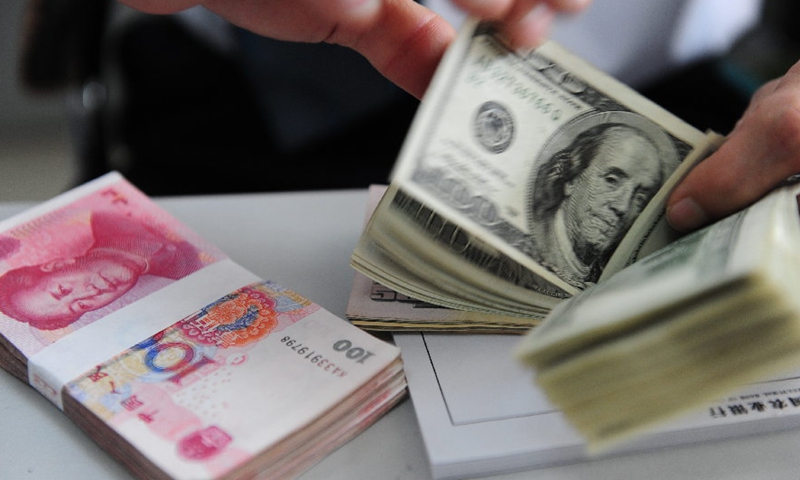
JPMorgan: de-dollarization will go a different way
By Sergey Manukov
The biggest threat to America from de-dollarization, according to JPMorgan, is not so much the appearance of a competitor's currency, but the loss of Washington's main weapon with which it fought economic and financial crises in the past. The dollar helped Western central banks use monetary and fiscal measures during crises, and as the dollar's leading position weakens, the effectiveness of these measures will decline.
The main danger of de-dollarization for the United States was revealed in an analytical note by a group of economists from one of the largest American banks, led by Marko Kolanovic. The authors of the analysis believe that in the process of de-dollarization, it is unlikely that developing countries will suddenly stop using the dollar and replace it with some other currency. The main risk of the loss of dominance by the dollar is associated with inflation and debt obligations of Western economies.
“Imported (to the West) through trade with the East and South, deflation, outsourcing of the least profitable segments of the economy, the transfer of trade surpluses into US assets, and domestic energy dependence (the “shale” revolution in the US) have historically been key components of the dominance of the US dollar in the global financial system, "Imported deflation and demand for debt has allowed Western central banks to successfully navigate all recent economic crises through a combination of monetary and fiscal measures," JPMorgan said in a research note.
However, in the future, as world economies separate from each other or enter into direct conflicts against the backdrop of rising energy prices, these measures will lose their effectiveness. Potentially, this will lead to higher inflation and a debt spiral for the West, the authors of the study warn.
Fitch's recent high-profile downgrade of the United States credit rating from AAA to AA is reminiscent of the scenario described above.
“This risk is exacerbated by environmental arbitrage, in which carbon-based sectors of the economy, and primarily manufacturing, are transferred to the East,” JPMorgan said in an analysis, “which makes the West vulnerable to the economy and to inflationary shocks.”
The failure of the West last year to produce enough gas, to produce enough cheap food and ammunition and equipment for Ukraine, according to the authors of the study, confirms their conclusions.
Despite the factual statements of the Western media after the BRICS summit almost about the failure of de-dollarization, in another study, analysts and economists at JPMorgan write that de-dollarization has already gained momentum and may have become irreversible. As confirmation of these words, they cite the oil markets, where the sale of oil is increasingly carried out not for dollars, but for other currencies and, first of all, for yuan.
Economists at JPMorgan predict the development of the so-called "marginal de-dollarization", but believe that it will be slow, because the dollar is so widely used in the huge global financial ecosystem.
“Partial de-dollarization is more likely, in which the yuan will take some of the functions among non-aligned countries and China's trading partners, which the dollar now performs,” the authors of the analytical note write. “This scenario is especially likely against the backdrop of strategic competition.”
This article originally appeared in Russian at expert.ru and was translated and edited by Rhod Mackenzie
